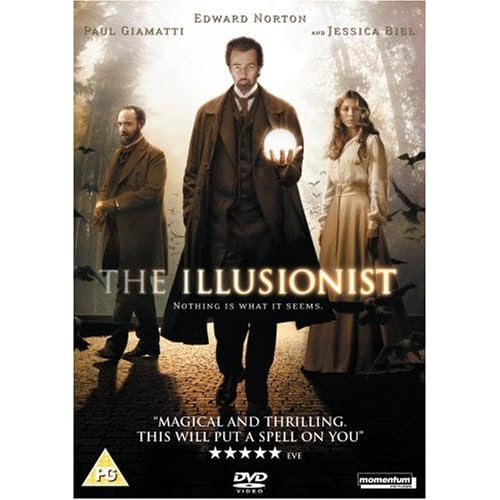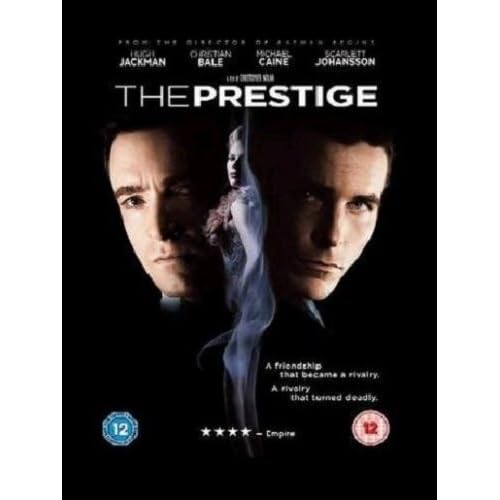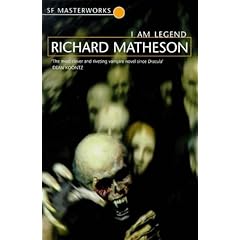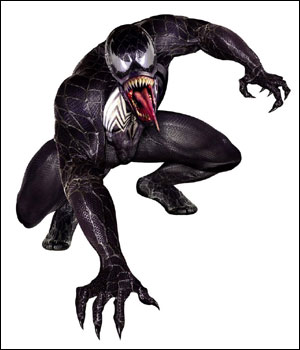
Imagine listening to Christopher Tookey (from the Daily Mail) as your be-all and end-all critique on the latest Indy flick knowing that he's rated the original three poorly (on the grounds of childish excess and fast-paced but limited story). It's just not a fair review. The bases are already loaded... so don't do it.
You want to listen to me instead... though, I rated the Phantom Menace 5 stars (just like Empire Magazine did) when it first came out. I'm sorry people, please forgive me. I won't make the same mistake twice!
That is exactly why I'm having so much trouble reconciling myself with the latest Indy movie: I saw Temple of Doom first, aged 7 or 8. Mum and Dad had rented it in 84/85 and I chose to watch it on a Sunday morning instead of Gummi Bears. Raiders I watched first at my grandparents, and then Grail I saw with my Mum in the cinema, aged 10, back in 1989.
All three are adult-orientated action adventures, but rated PG to allow kids to enjoy them too, and of course that's where the magic is. Kids buy into a lot of stuff that adults find jarring or difficult to accept. But, the Indy series has prided itself on being action first and foremost, mcguffin to keep the ball rolling and ensuring that the fantastical doesn't arrive until the last reel:

In Raiders we have no manifestations of the Ark's true power until it's on the boat, searing the Nazi symbol from the crate and making the rat go crazy - by the time we reach the opening of the Ark, we expect something horrendous and ghostly to manifest.

In Temple of Doom, voodoo, possession and ripping of hearts before sacrifice come midway, but these are examples of earthly-based "magic" that has never been proven or disproved (heart rending aside, Derren Brown could prove voodoo magic through the power of suggestion, I bet). Besides, you never seen anything physically manifest. No devils or demons arrive on behalf of Kali or Shiva to wreak their vengeance. And though the Sankara stones glow and are too hot at the end for Mola Ram to hold, the suspended-disbelief has been earned.
Let's not go into the dining scene with the eyeball soup and monkey brains - Lucas and Spielberg were trying to play up the comedic assumptions of the west against the east. Knowing that it's tongue in cheek and watching just a few weeks ago (I'm purportedly an adult now) just shows it up to be seriously misjudged, and wryly amusing.

So, Grail, in which the quest remains legitimate until the final reel again - the Grail Knight is a grey surprise in an earth-toned film. For me he never did work properly (I mean, what would he really have done in there for 700 years?) Anyhoo, it's even more jarring by the fact that the three trials Indy faces to get to the Knight are physically realised traps and puzzles rather than ghostly effects. The Grail itself is a great idea
Lucas and Spielberg go to great lengths to bind these movies in realism, and then tweak the mythologies to provide a little freakishness, something different, and for the public to bite into, and to maintain their "high-concept idea"
For Kingdom of the Crystal Skull the goodwill of the audience is stretched right from the start - and I don't mean in the age of Indy, (it is jarring and we feel sorry for him being that old) we very quickly forget he's 60 and the adventure rolls on. You can't help but get caught up in it all, to laugh, to tense and to be moved by John Williams's score - it's all expertly constructed to maintain audience enjoyment and with Lucas and Spielberg the two people we should feel most comfortable with.
However, the "mumbo-jumbo", if you will, is there from the beginning, and though the story follows the template of the previous three with maintaining ground-based, earth-realm concerns, chases and peril, the film-makers sprinkle the "other-world" bits a lot-lot more. At least it feels that way. But, when the mcguffin is on screen almost as long as Indy, that's going to happen. And it's all there as a means of getting you used to the final reel in which, I'm sorry, you're going to be tested in your support of story, film-makers, and, as I said, goodwill.
However, I think I love this film!
I love Indiana Jones, what can I say?
That we're moved ahead 20 years, and it's the 50s with all that that encompasses: Elvis, Greasers, Reds, Atom bombs, nods to what's happened in between for "Colonel Jones" - sorry couldn't resist that (it's a wonderful little moment when we learn he's done a lot of work for the war effort), and also that in his job he's taken on the name "Henry Jones" as a nod to his deceased father.
The movie's opening salvo stutters through the first 5/10 minutes as we try to get up to speed with Indy's situation, push ourselves to accept he looks as old as my dad (and I don't want my dad to be in that kind of danger), and force ourselves to accept we start at Area 51 in the Nevada desert (yes, we are at the Ark's final resting place - ooh) and everything that that encompasses.
But it hits its stride almost immediately afterwards. And what a ride. You cannot be disappointed. Because the film ticks all the right boxes, makes all the right nods to the films past and is Indiana Jones (for crying out loud). You can't despite it's momentary failings (a horrible-horrible-horrible Tarzan swing through the trees for Mutt), the ants take it a bit far and the Vulcan mind-meld is... sorry, wrong film (!)
But, I think the film really speaks well for the time in which it's placed. It's not better than the others, but it "mostly" fits well in the Indy cannon. I can't say anymore than that because you need to form your own decisions about which way you swing when you realise the real intent of the film (I personally feel the film-makers have been a bit over self-indulgent, yet, I think I love the film). I'll have to see it again.
SORRY - SPOILER ALERT:
Okay, I have to get one proper spoiler in - though it happens within the first 15 minutes -
Be careful now, you'll have to highlight the text to read it:
When Indy escapes from the Russians he finds himself in the perfect world of the Atomic bomb testing site in Nevada valley. It is the most surreal, awkward and upsetting scenario, not-least for the fact that it's another jarring point against what Indy Jones films have been about (deserts, jungles and earth tones). Here we are in the staid and pressed formica world of mid-class America, except its a setup to see the results of the 200 kiloton bomb hanging over the city... and Indy's only got 1 minute to escape!
Now, that was nail-biting stuff - real horror (and I'm 29). They can make you squirm with delight even though you might be an adult.


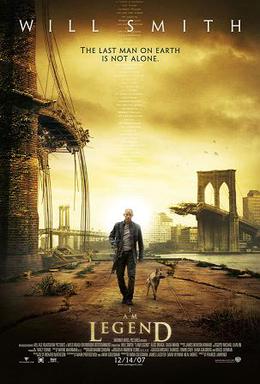

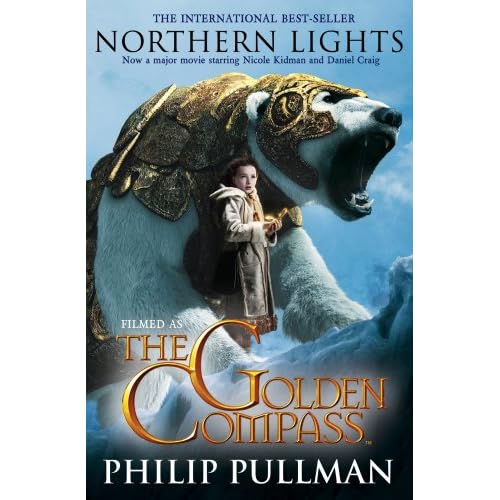

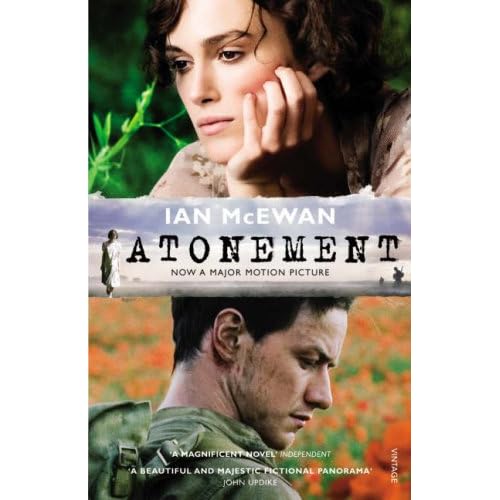
 Far less whiney than Kate Capshaw's Willie Scott, and far more human than Alison Doody's Dr. Schneider, Marian was sufficiently head-strong enough to give Indy a run for his money whilst easily falling upon her feminine charm and the occasional ditzy "Help Indy, get me out of this burning building... basket... snake pit... plane."
Far less whiney than Kate Capshaw's Willie Scott, and far more human than Alison Doody's Dr. Schneider, Marian was sufficiently head-strong enough to give Indy a run for his money whilst easily falling upon her feminine charm and the occasional ditzy "Help Indy, get me out of this burning building... basket... snake pit... plane."

